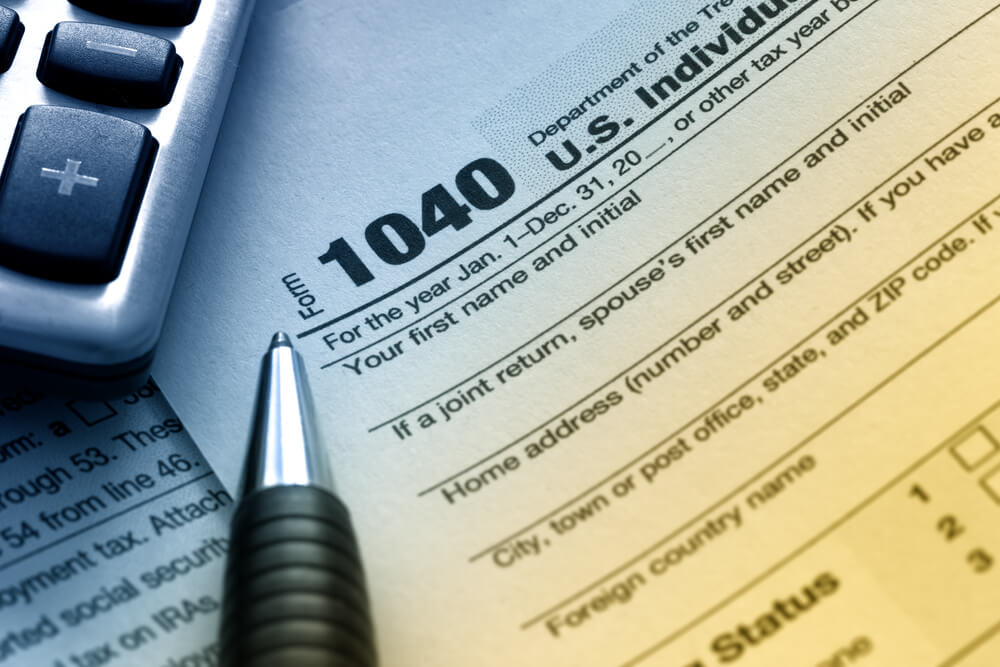As another tax season rolls around, it’s time to gather your tax documents and prepare for the annual ritual of filing taxes. While the process can seem daunting, having the right forms and information at your fingertips can make it much smoother.
In 2024, as in previous years, certain forms are essential for accurately reporting your income, deductions, and credits. Here’s a comprehensive guide to the forms you’ll likely need for filing your taxes in 2024.
- W-2 Forms: If you’re an employee, you’ll receive a W-2 form from your employer, detailing your earnings and the taxes withheld throughout the year. You’ll need this form to report your wages, salaries, and tips accurately.
- 1099 Forms: If you’re self-employed or received income from other sources, such as freelance work or investments, you may receive various 1099 forms. These forms report income other than wages, salaries, and tips. Common types include:
- 1099-MISC: Miscellaneous income, including payments for services performed for a business or trade.
- 1099-INT: Interest income earned from banks, credit unions, or other financial institutions.
- 1099-DIV: Dividend income from investments in stocks, mutual funds, or other securities.
- 1099-B: Proceeds from broker and barter exchange transactions.
- 1040 Form: The Form 1040 is the main form used by individuals to file their federal income tax returns. It summarizes your income, deductions, credits, and tax payments. Depending on your tax situation, you may need to attach additional schedules to the 1040 form, such as Schedule A for itemized deductions or Schedule C for self-employment income.
- Schedule A – Itemized Deductions: If you choose to itemize your deductions rather than taking the standard deduction, you’ll need to complete Schedule A. This form allows you to claim deductions for expenses such as medical and dental expenses, state and local taxes, mortgage interest, and charitable contributions.
- Schedule C – Profit or Loss from Business (for sole proprietors): If you’re self-employed or operate a business as a sole proprietor, you’ll need to complete Schedule C to report your business income and expenses. This form is crucial for calculating your net profit or loss from the business, which ultimately affects your taxable income.
- Schedule SE – Self-Employment Tax: Self-employed individuals are generally required to pay self-employment tax, which covers Social Security and Medicare taxes. Schedule SE is used to calculate the amount of self-employment tax owed based on your net earnings from self-employment.
- Form 1098 – Mortgage Interest Statement: If you paid mortgage interest of $600 or more during the year, your lender will send you Form 1098. This form details the amount of mortgage interest you paid, which you can deduct on Schedule A if you itemize deductions.
- Form 1095-A, 1095-B, or 1095-C: These forms provide information about your health insurance coverage during the tax year. Depending on your situation, you may receive one of these forms from your insurance provider or employer. You may need this information to fulfill the requirements of the Affordable Care Act, such as reporting your health coverage status on your tax return.
- Form 8862 – Premium Tax Credit (if applicable): If you purchased health insurance through the Health Insurance Marketplace and received advance payments of the premium tax credit, you’ll need to reconcile those payments on Form 8962. This form helps determine if you’re eligible for additional premium tax credits or if you need to repay any excess credits.
- Other Relevant Forms: Depending on your specific circumstances, you may need additional forms or schedules to accurately report your income and claim deductions or credits. These could include forms for rental income (Schedule E), capital gains and losses (Schedule D), education expenses (Form 1098-T), and more.
Filing taxes can be a complex process, but having the right forms and information at your disposal can simplify the task. Whether you’re an employee, self-employed individual, or have various sources of income, understanding which forms you need and how to properly fill them out is crucial for ensuring compliance with tax laws and maximizing your tax benefits.
If you’re unsure about which forms apply to your situation or how to complete them accurately, consulting with a tax professional can provide valuable guidance and peace of mind during tax season. And we are here to help. Talk to our experts today!
Note: We answer all questions on tax documentations here.

